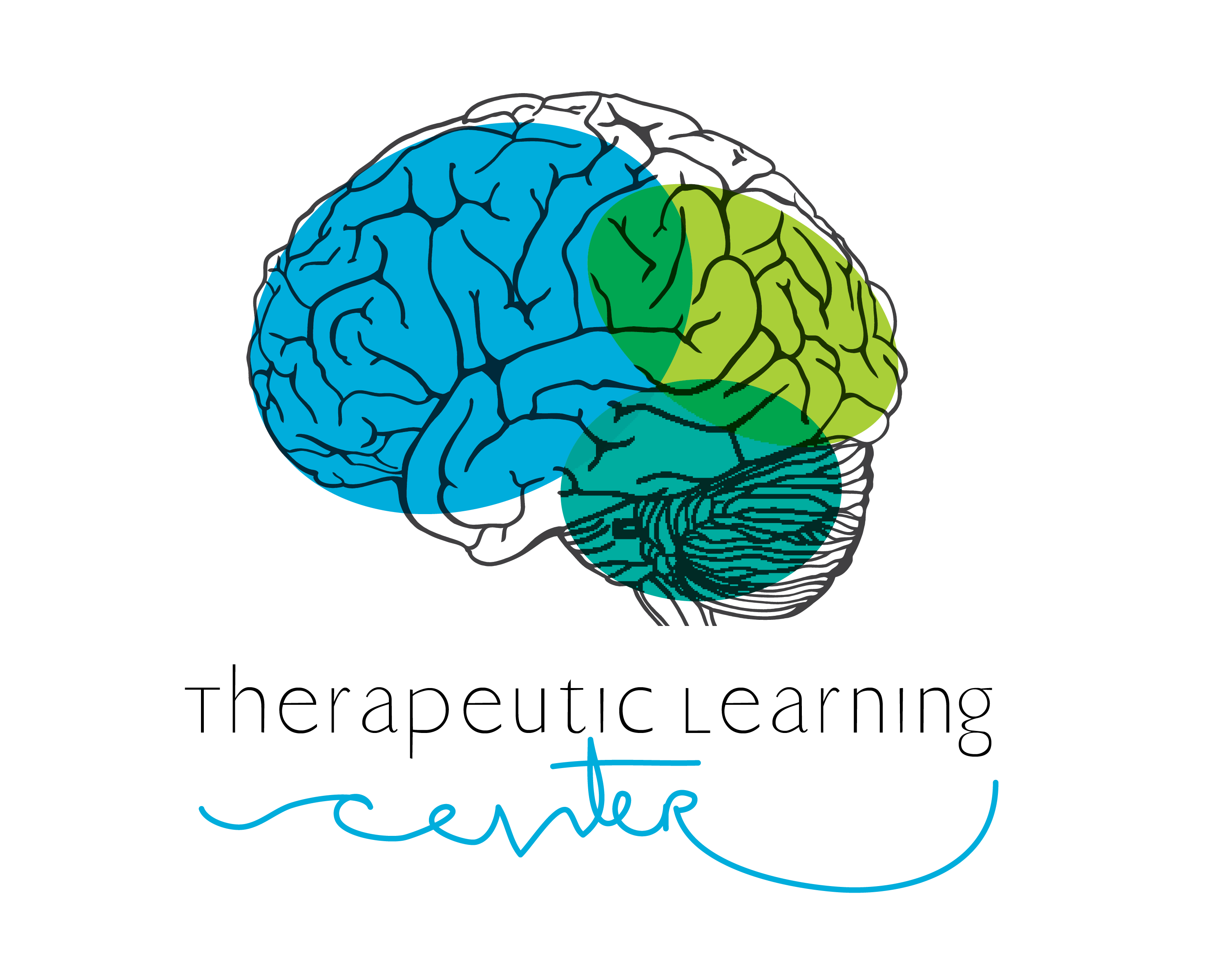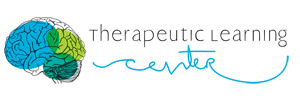I TRY and TRY, but I just DON’T get it… Sweat was dripping down his face, as he worked on getting the rickety little boat out of the dock. But, it wasn’t moving. The man who let us take the fishing boat out began to laugh with the realization that the anchor was still inRead more



